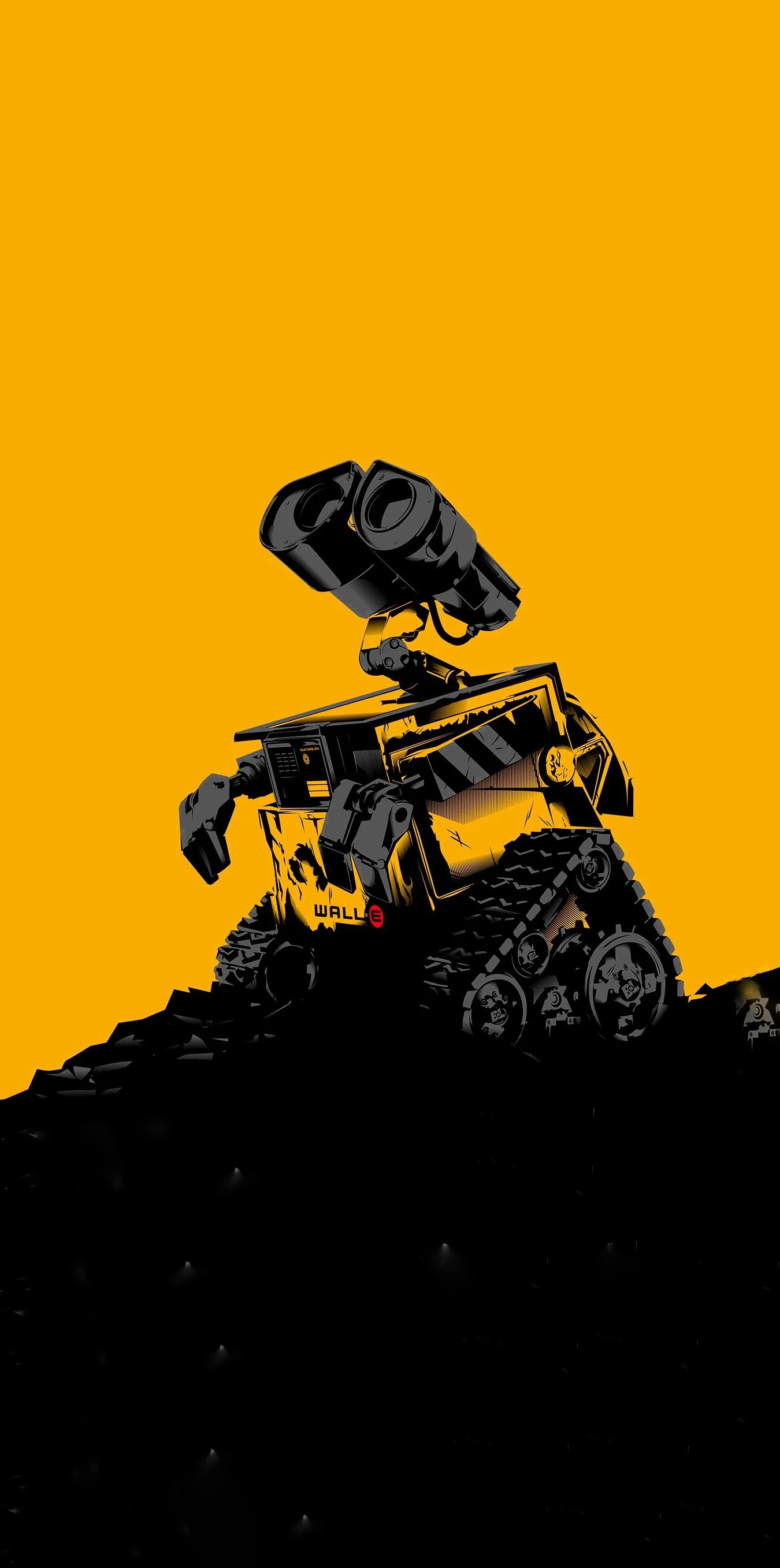Curious to hear what others think, as this definitely aligns with my own experiences.
The original study is behind a paywall, but I’m trying to see if I can get a hold of the full text somehow. For now, here’s the abstract.
Abstract
Objectives: Recent studies report a fluctuating course of attention-deficit/ hyperactivity disorder (ADHD) across development characterized by intermittent periods of remission and recurrence. In the Multimodal Treatment of ADHD (MTA) study, we investigated fluctuating ADHD including clinical expression over time, childhood predictors, and between- and within-person associations with factors hypothesized as relevant to remission and recurrence.
Methods: Children with DSM-5 ADHD, combined type (N = 483), participating in the MTA adult follow-up were assessed 9 times from baseline (mean age = 8.46) to 16-year follow-up (mean age = 25.12). The fluctuating subgroup (63.8% of sample) was compared to other MTA subgroups on variables of interest over time.
Results: The fluctuating subgroup experienced multiple fluctuations over 16 years (mean = 3.58, SD = 1.36) with a 6- to 7-symptom within-person difference between peaks and troughs. Remission periods typically first occurred in adolescence and were associated with higher environmental demands (both between- and within-person), particularly at younger ages. Compared to other groups, the fluctuating subgroup demonstrated moderate clinical severity. In contrast, the stable persistent group (10.8%) was specifically associated with early and lasting risk for mood disorders, substance use problems in adolescence/ young adulthood, low medication utilization, and poorer response to childhood treatment. Protective factors were detected in the recovery group (9.1%; very low parental psychopathology) and the partial remission group (15.6%; higher rates of comorbid anxiety).
Conclusions: In the absence of specific risk or protective factors, individuals with ADHD demonstrated meaningful within-individual fluctuations across development. Clinicians should communicate this expectation and monitor fluctuations to trigger as-needed return to care. During remission periods, individuals with ADHD successfully manage increased demands and responsibilities.
It makes sense on the surface. ADHD is a deficiency of self -regulation. External pressures remove the “self” part of the equation. The scary part is the recurrence/remission cycle that makes it seem, to you and to everyone else, like you finally have your shit together.
I was just thinking that when I read:
“This might mean that people with ADHD perform their best in more demanding environments (perhaps environments that have stronger immediate consequences, like needing to put food on the table for a family or pay rent monthly). It also might mean that people with ADHD take more on their plate when their symptoms are relatively at bay.”
You mean the condition associated with dopamine regulation is affected by periods with a high density of short term goals with well defined, tangible outcomes?
Also, is it possible that environmental factors like high-pressure, work or death situations foster ADHD in adults? Like, high-pressure education, testing, and job markets increase the incidence of pathological emotional disregulation.
You fucking people are really making me feel like I have this.
Although most ADHD symptoms are things that neurotypical folks experience sometimes, if it seems like a lot of these are familiar, or describe a lot of your experience, you might consider asking your doctor about it.
The more we understand about ADHD, the more we realize how many undiagnosed people have been struggling with it their entire lives without support.
Hospitality is this for me, and has been for the last 18~ years.
Really you have a good hour of power where the bulk of customers will want to eat, drink and have a good time - all at once because fuck the kitchen and the bar.
Having to relay information from the kitchen, make sure the bar hasn’t lost a docket, dealing with spills, intoxicated patrons, wait people missing a meal / adding the wrong meal to an order plus the general meeting and greeting of walk-ins / bookings.
It’s also managing wages - when to knock people off, who to send home early, who costs more, who is unwell or le’ tired. Who can’t work together, who is bad at pack down or requires micromanagement once the busy period is over.
It’s a never ending list of monitoring, putting out fires, managing expectations of patrons and staff - all the while being legitimately nice and keeping your cool.
Oh, and if something gets missed you’ve just put the next days crew in a bad spot. Didn’t prep that aquafaba? Forgot to swap a postmix bag, change a gas bottle, polish cutlery, clear tables or even check the fucking toilets for passed-out patrons?
Rinse and repeat 5+ days a week. And this isn’t including how to manage personal relationships, hobbies and general self-care when everyone else is working a 9-5.
At least I’m not bald or grey yet.
This is such a curse to me. I experience it too: I seem to do better when I know what needs to be done and it’s like, in-my-face important.
It’s easy to fall into a routine of just working, resting just barely enough, and working again, and I might be “less ADHD” but behold, I lost my personality, years have zipped by, and I have become a drone. A husk. The self awareness of this is painful misery.
So realizing this, I should be able to work on my own dreams and make things work for myself right? No. As much as I value my independence, I seem to fall apart when left to my own devices.
It feels so shitty, like I have the soul of a fierce self-thinker but a brain born to just take orders and “be helpful at all costs.” It feels so pathetic.
For me, it tracks, but the caveat is a high increase in burnout accumulation. No self regulation needed? No problem. Except when you can’t self regulate healthy work amounts / dealing with demands.
So much this
70+ hour 5-7 day work weeks in a super high demanding job where people are basically hollering things for me to do that needed done in 2-5 minutes no-stop? I did that shit for 2 years. But man would I crash and burn out when I’d crash and burn.
Panic attacks, drinking like a fish, smoking pot like I was afraid of a non-smoke filled breath.
0/10 would not recommend.
Yeah, I think there’s definitely an ideal balance, and I don’t think consistent 70+ hour weeks is the right balance for anyone. If my work schedule is busy, but near 40 hours/week, burnout is probably not a major worry. Occasional weeks that demand more than 40 hours are manageable as long as they’re balanced out by easy weeks or vacation time.
I’ve been really struggling with my current job because my actual workload is closer to 15-20 hours/week most weeks. I end up having a ton of trouble getting started, and am always late on things. I’ve tried on multiple occasions to tell my manager that I actually need more work, but they instead keep suggesting that I learn to delegate things more.
This 100%
There is a limit to how much I can excel under high pressure environments until everything falls apart and I spiral into what seems like incompetence.
It’s actually that fall that caused me to finally get diagnosed. It took a couple years, a pandemic, and multiple people at my job retiring in short order, but I finally couldn’t balance all the spinning plates any more.
Anyone who knows how good we function in a crisis is able to extrapolate from there that this would be a thing.
As others have said it’s the burnout and the subsequent time it takes to recover that makes this basically unsustainable. Even when finding a balance there will still be burnout.
If everything’s a crisis, then nothing is.
I’m moving and had a hard date of about 2 weeks to have the house ready for real estate pictures/showings etc. I was so worried I’d drown in the list of things to do, but just poured every ounce of myself into getting it ready. I didn’t have time to panic or freak out, just head first. When I was done, I was so fried I broke down and just cried.
I have had a few days to recover and I found myself cleaning, doing dishes immediately after cooking, picking up after myself, you know, normal things for a lot of people. I don’t know how long it will last, but for now, my symptoms are better than they have been for a long time. I hate deadline stress, but it forces me to get shit done.
I hope you’re doing alright now. I know moving can be extremely stressful, and hopefully your recovery time is enjoyable.
I remember once in college that I had a big paper to write, and I decided that I was going to get started on it “early” so that I could finish it early and avoid the deadline stress. I legitimately started it early, but somehow still managed to finish it at the very last minute. I spent my entire weekend in the library, and I don’t think the final product was significantly better than if I had procrastinated on starting. I just spent a lot more time on the research part of it, and didn’t really start putting anything together until the deadline stress kicked in.
Since that experience, I find it even more difficult to convince myself to start things early, since I’m afraid it will just mean spending more time on stressful tasks.
This experience but in my case, I got a significantly lower grade despite the fact that I worked on the paper longer. It was a great shock to me, I never got that low of a grade when I did those papers at the absolutely last minute.
deleted by creator
Disregarding your physical needs in pursuit of dopamine for 20+ hours is a symptom.
deleted by creator
100% this. Coming out of an extended hyper focus is not only exhausting, it’s untenable. The burnout feels awful.
The Brian zaps are the worst afterwords too. Walk into a room and. Yup. No idea what I’m here for lol
It’s not really surprising when one of the core things that motivates people with executive disfunction is urgency
surprising
As a therapist with ADHD and lots of clients with ADHD, this is not a surprise to me at all, and I can’t imagine it’s a surprise to anyone else in the field (that would be surprising)
Any suggestions on ways someone might use this theory to better manage their symptoms? How can I make myself feel more busy when life isn’t keeping me busy enough?
I’ve tried asking my manager for more work, but they’ve instead shifted some of my work to other people. I’ve been considering looking for a second job, but I’m afraid that will swing things too far to the other side.
Oh lots of us try utilizing it, you’re gonna love the burnout
You could take on some community volunteer work, get involved with a local group that’s doing work that aligns with your values and fill up your schedule with some hard commitments to do something worthwhile. I just volunteered for a committee in my town and it was way easier than I expected to get involved.
Volunteering is definitely one of my current extracurriculars, but I had a couple of very negative experiences with the organization this past year and am currently taking a break, but probably going to resign soon.
So far, the only other volunteer opportunities I’ve found that excite me just haven’t aligned with my schedule, or are just one off things, but I’m definitely always on the lookout.
Classes is another option I’ve looked into, ranging from the more educational (computer programming or foreign languages) to more fun (dance), but for various reasons, haven’t been able to make any of those work for the past few years.
Get an EMT license and moonlight on the ambulance… it’s kind of amazing
LMAO, definitely not for me, but maybe a great idea for others here.
Greater life demands for a limited time frame, sure.
Long term life demands become overwhelming when they are comstant and for long periods of time.
Yeah, my experience is that if I have too much free time, I somehow don’t get anything done. I’m much more productive and happy if I have a busy, but manageable to do list. Short periods of “too much” to do are also okay, especially when they have a clear end in sight, but they must be balanced out by a break of some sort.
Makes total sense to me. On a busy day, I get everything done with time to spare, on a slow day, I somehow don’t have time to do anything.
Same here! I’ve repeatedly tried to explain this to my manager, and their response is that I should learn to delegate more. I feel so lucky to have a job that demands so little of me, but it sucks because I end up underperforming and unhappy. Since it’s clear at this point that my manager won’t give me more work, I guess I need to find other ways to make myself feel busy.
Definitely not the case for me. I just stress out until I pop.
Courtesy of Archive.ph
This is still locked behind subscribing
This absolutely tracks with my experience after having a kid. Suddenly I have little to no time to waste and so every hour I have to myself I feel that urgency and pressure to get as much done as possible. I’ve never had less free time or been so consistently productive as this last year. I think the demands are not so intense that I’m going to crash, but I do chafe against the limitations. I’m frustrated that I’m unable to excuse the time for my favorite leisure activities, and I miss video games. However I have gotten so many projects done, some things that have been sitting around for years, that I have to give myself a bit of credit for once.
I just do a lot of little things per day, to accumulate at the end of week, to have a sense of completion. It’s just a loop of maintenance, until I crash and need to recover. Somewhere i need to fit in social time, to create balance to deal with the real world.
Yeah I’m great when I can hyperfocus. The problem is that it burns me the fuck out.
Could also be that in times of remission, we take on more challenges: Start dating again, get pregnant, challenging new job to pay for it all. Or challenging career change, get a degree, get training.
And that would not be newsworthy at all.










